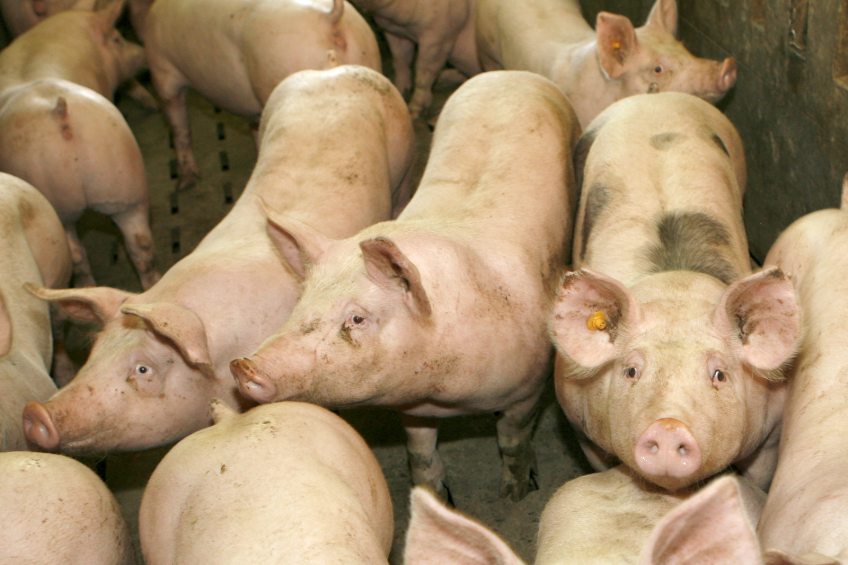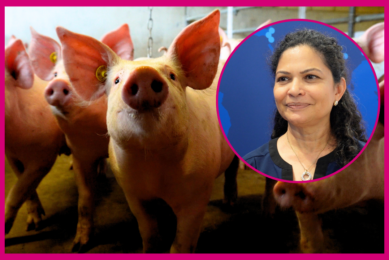Research: Profitably moving away from antibiotics

Reducing antibiotics while choosing alternative strategies to ensure animal health can lead to €2.67 more profit per finished pig, according to researchers.
That outcome was presented by a group of researchers attached to institutes in Belgium and the Netherlands. The results were published in an article in the journal Preventive Veterinary Medicine.
Applying biosecurity measures
Key message in her article was that in closed pig facilities, antibiotics can be reduced substantially by applying biosecurity measures and targeted vaccinations. In addition, this proved to be possible without compromising economic performance. Company simulations have even pointed to a substantial chance of improved economic performance per finisher pig sent for slaughter.
Main researcher Cristina Rojo-Gimeno, attached to the Flemish Insitute for Agriculture and Fisheries Research (ILVO), Belgium and Ghent University, reached her conclusions after a long-lasting, empirical study in 48 Flemish closed pig herds.
Disease prevention purposes
The research started out from the premise that the usage of antibiotics as growth promoter may have been banned in the European Union (EU), but quite a substantial amount is still being used for disease prevention purposes. Would that still be necessary? And if alternative strategies are available, is it true to reality that these solutions are more expensive?
In cooperation with a wider PhD study carried out by Merel Postma, Ghent University, on how to reduce antibiotics in pig production, Rojo-Gimeno analysed data with a farm-economic model that calculated the effect on economic return per delivered meat pig for 11 fictional farms.
Fluctuating prices for pigs, piglets and feed
The results showed that the economic result per finished pig wasn’t getting worse – on the contrary, in the majority of cases production results were calculated to be better – on average €2.67 per delivered finisher pig. This positive impact was found to continue to exist when fluctuating prices for pigs, piglets and feed were taken into account.
The average improvement of economic return is the result of a combination of factors: the productivity stayed good while reduced mortality and reduction in the cost of antibiotics more than covered the extra costs for biosafety and vaccinations.
Economic effect
In an ILVO press release, Rojo-Gimeno was quoted to say: “This is the first time that the economic effect of strategies meant to reduce antibiotic use has been studied. My results show that antibiotic use can be strongly reduced when biosafety measures and vaccinations are applied, without endangering the farm’s economic situation. This sends a strong signal to the pig farmers in the midst of the current financial crisis in the pork sector.”
The research was done by Cristina Rojo-Gimeno and Ludwig Lauwers, both attached to ILVO and Ghent University, Belgium; Merel Postma and Jeroen Dewulf, Ghent University, Belgium; Henk Hogeveen, Wageningen University, the Netherlands; and Erwin Wauters, ILVO and University of Antwerp, Belgium.











